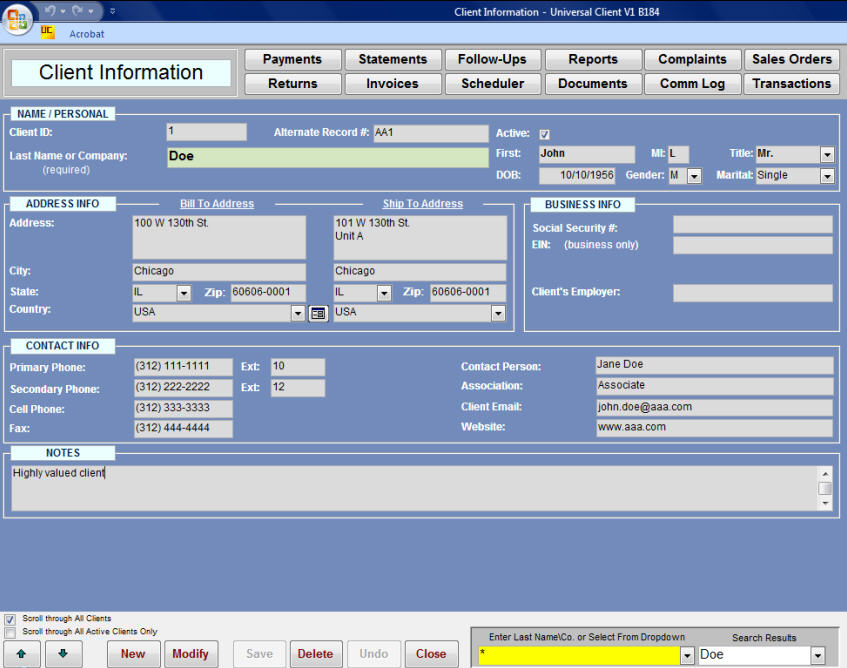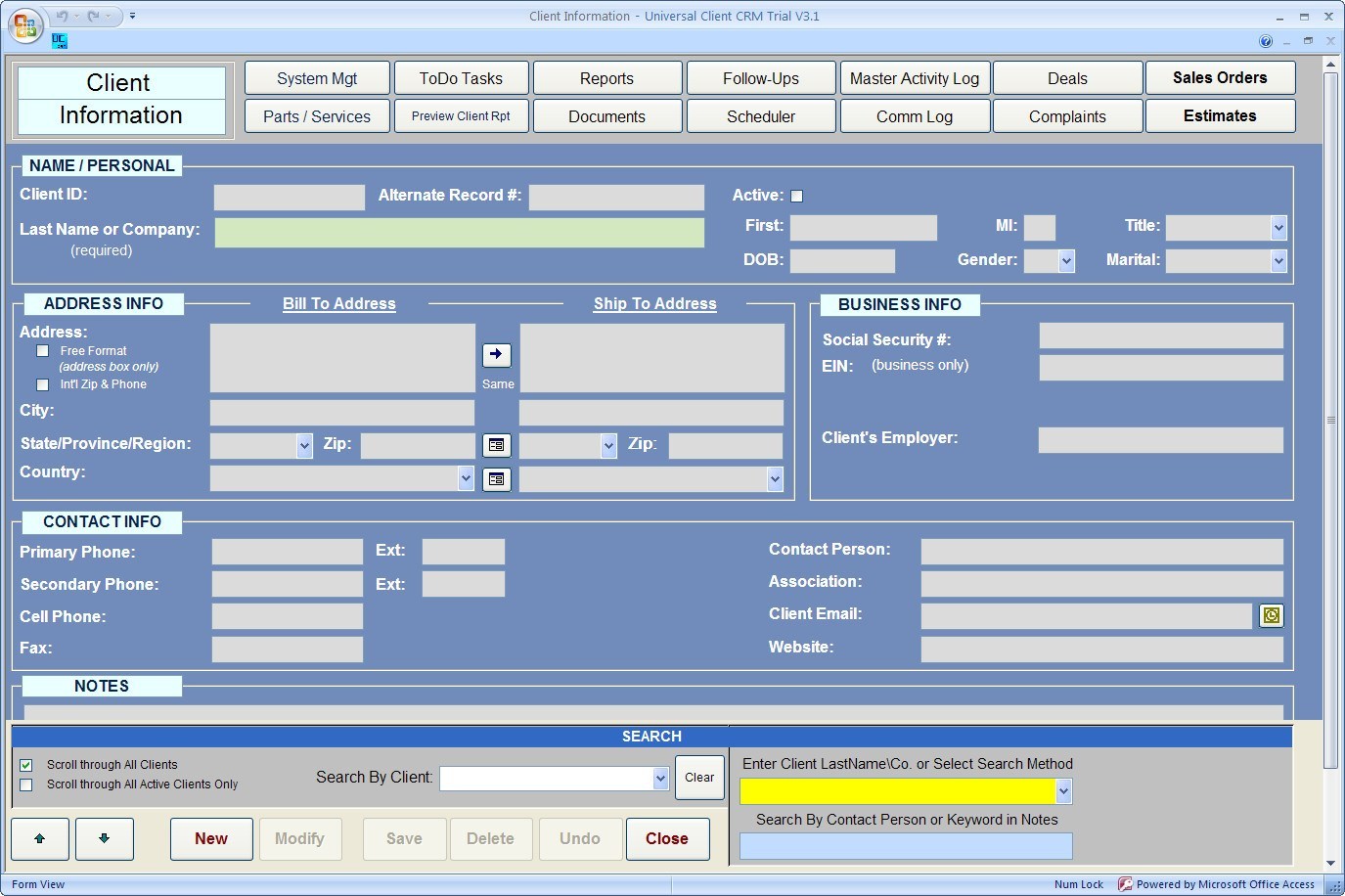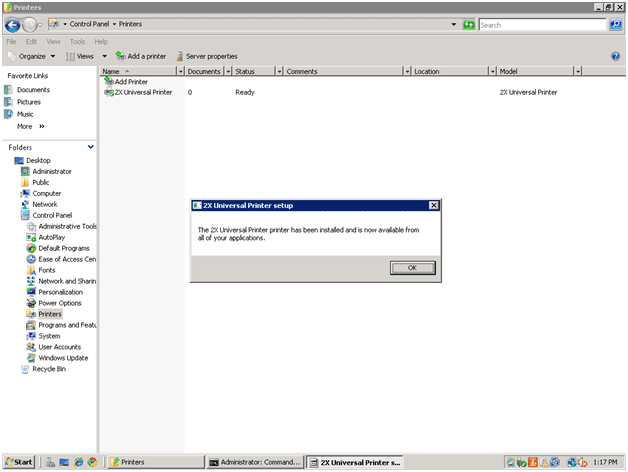

- UNIVERSAL TYPE CLIENT SYSTEM MAC OS X
- UNIVERSAL TYPE CLIENT SYSTEM PDF
- UNIVERSAL TYPE CLIENT SYSTEM INSTALL
Universal Type Server 2 Pro does not include a Annual Service Agreement (ASA).
UNIVERSAL TYPE CLIENT SYSTEM INSTALL
Requires minimal IT support to install and maintain.Assign roles for your most common type of job responsibilities.Enter one license code for everything (server and clients) in one location at the server.Universal Type Server 2 Lite supports a maximum of 10 client connections (10 clients included).A plug-in will be available after Adobe releases an update to address this issue. Support for Adobe Creative Suite 6 applications was added in Universal Type Client 3.2.Ī known issue in Photoshop CS6 prevents font auto-activation. Support for QuarkXPress 9 and Adobe Creative Suite 5.5 applications was added in Universal Type Client 3.0.1. Adobe Photoshop CS4, CS5, CS5.1 (included in Creative Suite 5.5).Adobe InDesign CS3, CS4, CS5, CS5.5, CS6.Adobe Illustrator CS3, CS4, CS5, CS5.1 (included in Creative Suite 5.5), CS6.* 64-bit supported in 32-bit emulation mode only.Īuto-activation plug-in support for the following applications:
UNIVERSAL TYPE CLIENT SYSTEM PDF
Adobe Reader 8 to view PDF documentation.Internet Explorer 7 or Firefox 3.6 or later.Windows XP Professional SP3 (32-bit version only), Vista SP1 (32- or 64-bit versions1) or Windows 7 (32- or 64-bit versions1).

150 MB available hard drive space, plus additional space for fonts.PowerPC processor supported for Universal Type Client v3.0 and 3.0.1 only.1.6 GHz or faster Intel or PowerPC processor.OS X 10.7 Lion supported for Universal Type Client v3.0.1 and later.

UNIVERSAL TYPE CLIENT SYSTEM MAC OS X

You can type the following in the search bar and press ENTER to see version details for your device. You'll then see Edition, Version, and OS Build information. Select Start > Settings > System, then select About. Each method provides a different set of details, so it's useful to learn about all of them. To determine if your device is enrolled in the Long-Term Servicing Channel or the General Availability Channel, you'll need to know what version of Windows you're running. Once you've tested the latest release, you can choose when to roll it out broadly in your deployment. This servicing modal is ideal for pilot deployments and to test Windows feature updates and for users like developers who need to work with the latest features immediately. In the General Availability Channel, you can set feature updates as soon as Microsoft releases them. It's important to remember that the LTSC model is primarily for specialized devices. The Long-Term Servicing Channel (LTSC, formerly LTSB) build of Windows doesn't contain many in-box applications, such as Microsoft Edge, Microsoft Store, Cortana (you do have some limited search capabilities), Microsoft Mail, Calendar, OneNote, Weather, News, Sports, Money, Photos, Camera, Music, and Clock.


 0 kommentar(er)
0 kommentar(er)
